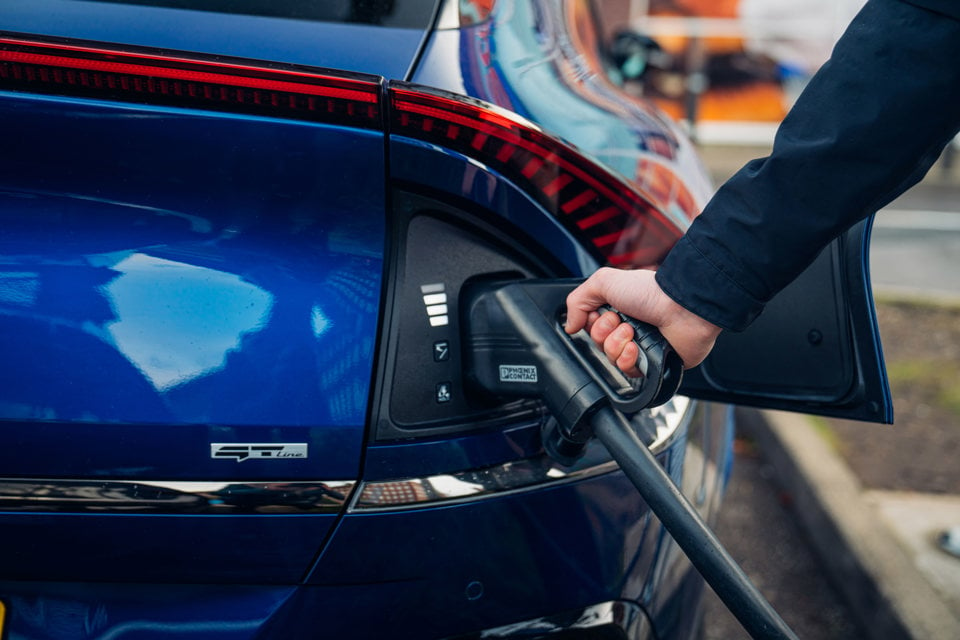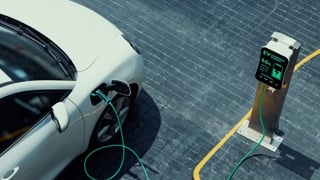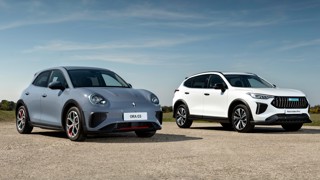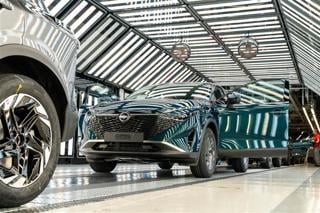The Government’s Spending Review has earmarked £1.4 billion to support the continued uptake of electric vehicles, but hasn’t given enough detail on how this money will be deployed, according to the National Franchised Dealers Association (NFDA).
The industy has been calling on incentives to support the EV retail market in particular and while the NFDA welcomed the investment directed toward infrastructure, skills and EVs, director Sue Robinson said it still left some details "in the dark".
The £15.6 billion transport package and renewed focus on regional connectivity are positive signals for dealer networks and supply chains across the North and Midlands.
Efficient transport infrastructure supports business mobility/customer access and ultimately boosts confidence across local economies where many of our members operate.
There is £2.6bn available as part of the Government’s phase two plans to decarbonise transport, with £1.4bn of this to support the uptake of EVs, including vans and heavy goods vehicles (HGVs).
A further £400m will go to EV infrastructure and charging development.
 Revaluting incentives to support EV market
Revaluting incentives to support EV market
Sue Robinson, NFDA director, wants further clarity on how the £1.4bn will be spent.
She said: “We still remain of the view that the Government needs to be incentivising consumers to purchase a new vehicle by improving charging infrastructure as well as addressing EV tax hikes.”
Robinson said it is also encouraging to see Chancellor Rachel Reeves address apprenticeships in the Spending Review, bringing £1.2bn of funding for young people to enter training and upskilling programmes.
This is a positive action to address the rising unemployment according to the Office for National Statistics (ONS) and 16,000 job vacancies in the automotive sector.
Robinson added: “NFDA will continue to lobby the Government to ensure our members’ concerns are heard in forthcoming policy developments.”
Mikes Hawes, Society of Motor Manufacturers and Traders (SMMT) chief executive, said that while some support for EVs has been made available, more substantive measures are still needed to incentivise private demand if world leading decarbonisation targets are to be met.
He said: "Government has already made great efforts to support a critical industry facing significant geopolitical challenges but without market-making interventions, that world-leading pace of transition may need to be reviewed."
John Cassidy, director of sales at Close Brothers Motor Finance, said the £400m for EV charging infrastructure shows that the Government is aware of the scale of the challenge at hand and the requirement for further investment.
He said: "Improved charging availability is critical to supporting the uptake of EVs.
"But while quantity is required, frequent reports of faulty charging points prove that guaranteeing the quality of the charging points is equally important.
"It’s crucial that the rollout is not rushed through at the cost of functionality.
"High upfront costs and the removal of EV exemptions from vehicle excise duty and the expensive car supplement continue to act as barriers to EV adoption, so while investment is good news, the Government should consider reevaluating the removal of incentives to avoid shooting itself in the foot.”
Additionally, the Finance and Leasing Association said the Review's confirmation of increasing total financial capacity for the British Business Bank to £25.6bn, will enable a two-thirds increase in investments to around £2.5bn each year.
Stephen Haddrill, director general of the FLA said: “We’re very pleased to see that funding for the British Business Bank has been prioritised as we had recommended.
"This is great news for the thousands of SME businesses that have investment ambitions this year.”





















Login to comment
Comments
No comments have been made yet.